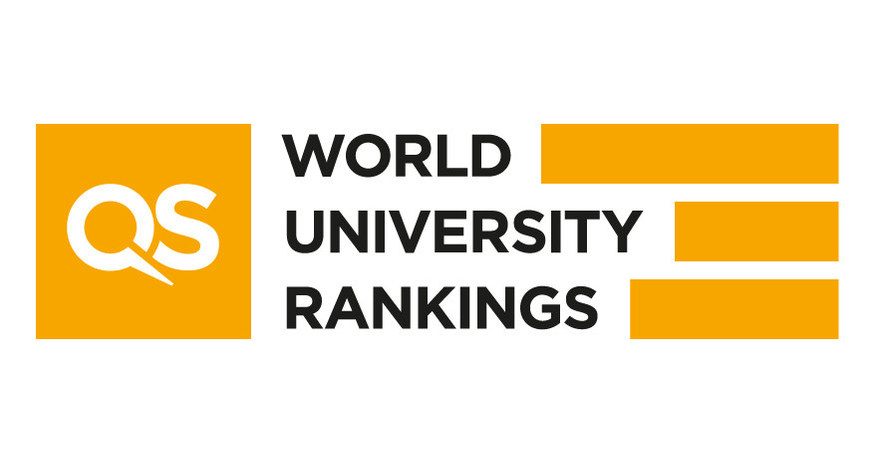The QS World University Rankings are widely regarded by students and staff alike as indicative of the best and worst performing universities in the country. Last year, the ANU was ranked first in the country and only as far back as 2016 ranked in the Top 20 universities in the world. This year (the 2024 rankings in QS’s survey), the ANU came fourth nationally and 34th in the world, behind the University of Melbourne (UniMelb), now top ranked in the country and 14th in the world, UNSW (=19th) and the University of Sydney (=19th).
Greater weighting on sustainability scores and declining employer reputation possibly explain the fall in ANU’s ranking. QS stated that for this year’s rankings, sustainability was emphasised, with 80% of students in a QS poll responding that universities could do more for the environment. QS accordingly gave a 5% weighting to sustainability in the world rankings. ANU received an 87.4 for sustainability whereas UniMelb was rated 90.4 and UNSW 99.6.
Employer reputation was also weighted higher at 15% for this year’s rankings. In the employer reputation category, ANU earned a 70.2 whereas UniMelb got 92.3 and UNSW got 88.1. The ANU’s relative underperformance in these two categories therefore likely affected their overall slip in the rankings table.
The QS rankings are not without their limitations though. For example, the ANU scored ninth in the country on student satisfaction, and first in the Group of Eight universities. Individual attributes like these are often lost in the consolidated score presented in the rankings table.
This year’s QS rankings were released on 27th June. The next day, 28th June, the ANU sent an email to senior management, college general managers, and service division directors announcing a new email signature for 2023. This email was then distributed more broadly to staff. The old signature labels ANU “#1 in Australia”, whereas the new signature labels the ANU “Australia’s leading university” with “more subjects in world top 20 than any other Australian institution.”
The old and new email signatures can be seen below:


The ANU’s email signature change came faster than progress on the key indicators that resulted in the University’s low ranking. For example, the ANU’s progress on sustainability can be measured through its key sustainability measure, the Below Zero program. The program’s latest progress report, from July-December 2022 states, “…the ANU financial position continues to prove difficult, with operational losses expected to continue to 2026 in the aftermath of the COVID-19 pandemic. In this context, ANU is at an inflection point in terms of its commitment and ability to achieve Below Zero.”
This quote, among others in the report, emphasises the crossroads the ANU’s Below Zero program finds itself at. Indeed, the progress report outlines two options for the program – either the ANU decides “it has the appetite and capacity to deliver on” rapid climate action through Below Zero, or may choose to “pare down its ambition in the face of financial difficulties and re-set itself as a (fast) follower in climate action.”
In a comment to Woroni, an ANU spokesperson stated “The University is committed to the Below Zero program. It forms a key part of our Environmental Management Plan 2022-2025.” The spokesperson added that “[t]he Below Zero team has recently been expanded,” and concluded “Below Zero is an ongoing process, with various future avenues currently being explored.”
The Environmental Management Plan 2022-25 “complements the University’s landmarks Below Zero initiative”, but does not appear to commit to funding the program, or outline any further actions for the program, past 2025.
As the ANU’s QS ranking falls due to its sustainability scores, and in the face of $16 million spending on a car park, students may question which path the ANU will take on Below Zero at this key inflection point.
We acknowledge the Ngunnawal and Ngambri people, who are the Traditional Custodians of the land on which Woroni, Woroni Radio and Woroni TV are created, edited, published, printed and distributed. We pay our respects to Elders past and present. We acknowledge that the name Woroni was taken from the Wadi Wadi Nation without permission, and we are striving to do better for future reconciliation.
